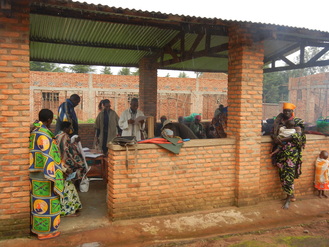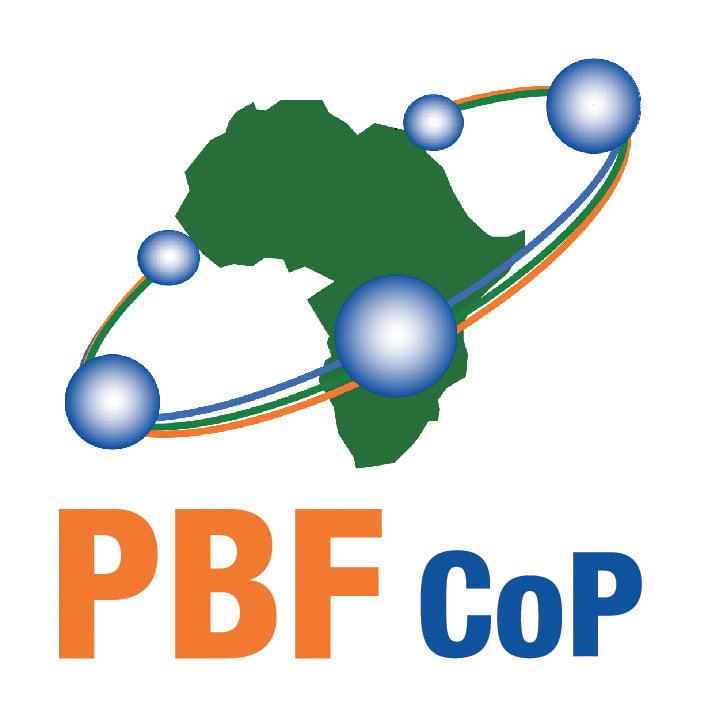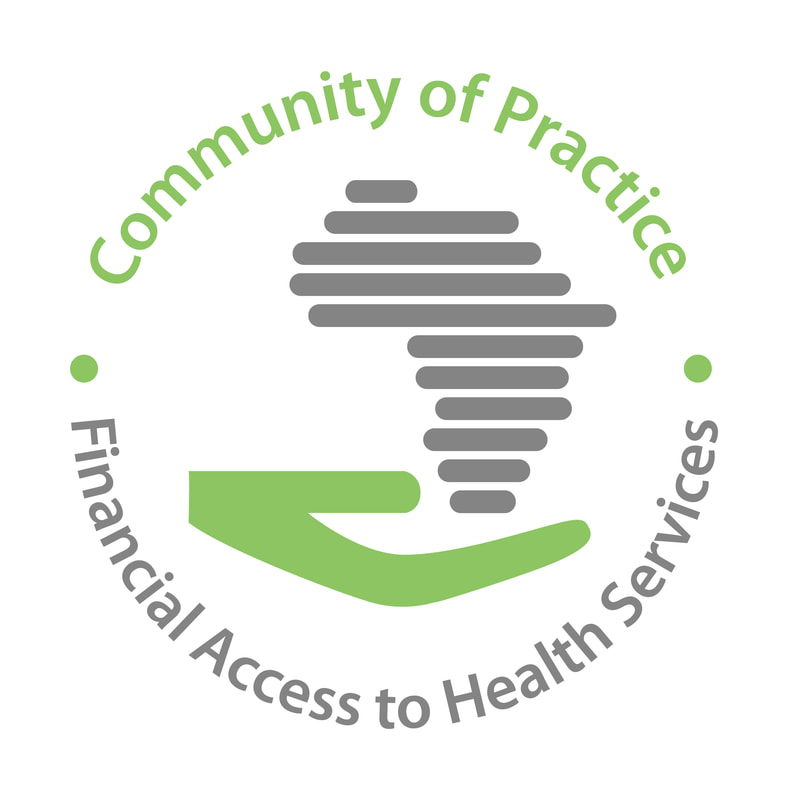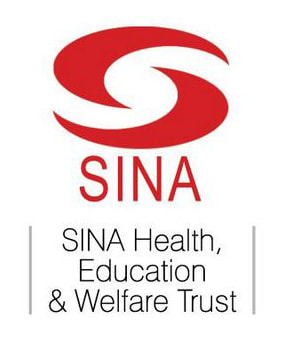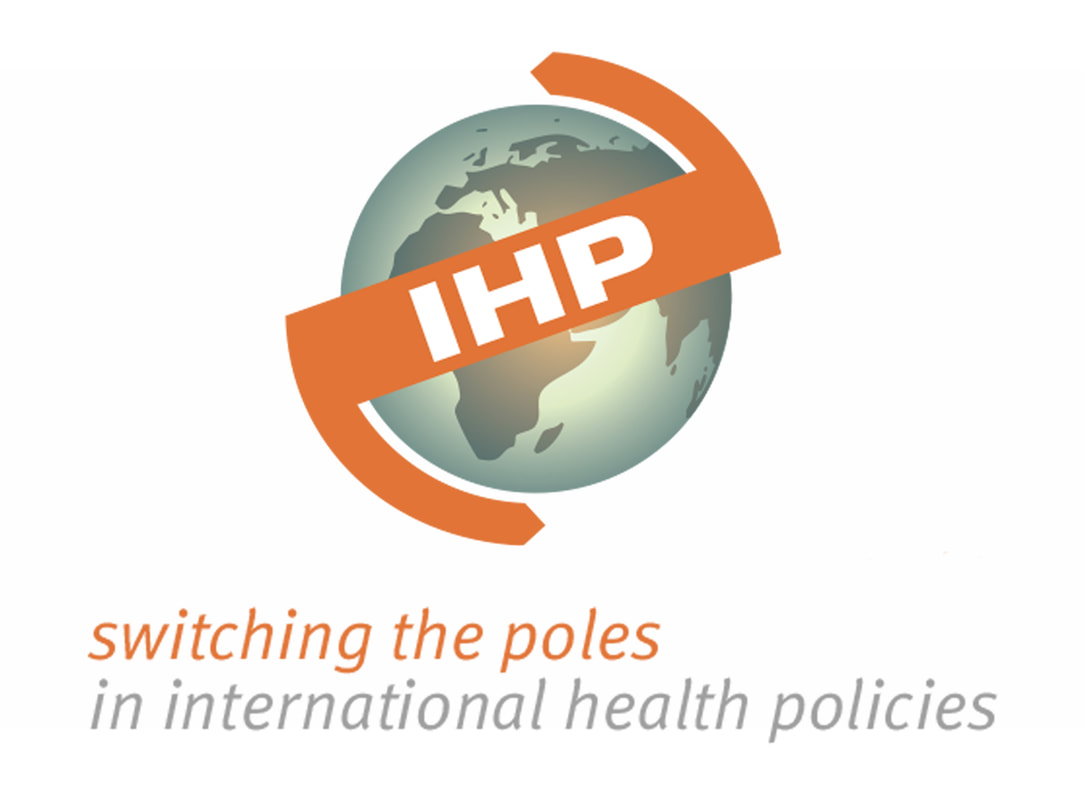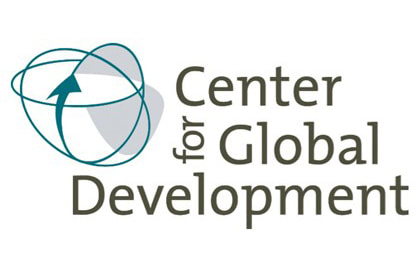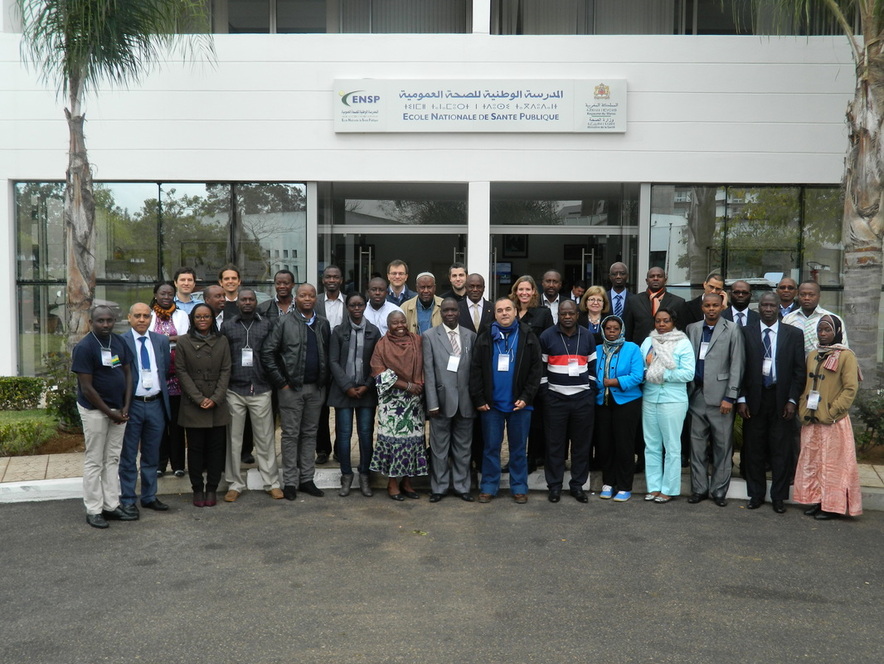
Les 15, 16 et 17 décembre derniers s’est tenu à Rabat l’atelier de développement méthodologique marquant le coup d’envoi de la deuxième phase de l’étude collaborative « Muskoka ». Pascal Birindabagabo, du Ministère de la Santé du Rwanda et membre de l’équipe de recherche rwandaise, partage ses impressions sur le travail réalisé dans le cadre de cet atelier.
Personnellement, j’attendais beaucoup de cet atelier, et je dois dire que je n’ai pas été déçu. Je pense d’ailleurs ne pas être le seul, au vu des réactions et discussions enthousiastes que j’ai pu avoir pendant et à côté de l’atelier, avec mes confrères africains qui participaient comme moi à cet évènement. Voici mes ‘take home messages’ principaux.
Le concept de « Système apprenant » : une proposition originale
En ces temps où progresser vers la Couverture Sanitaire Universelle (CSU) est devenu une priorité affichée par bon nombre de nos pays, tenir un atelier sur un tel sujet aurait pu consister, pour ses organisateurs, à présenter le fruit d’une longue et prétendument révolutionnaire réflexion : « Nous avons réfléchi, voici LA solution ».
L’esprit de cet atelier était bien différent, voulant avant tout faire passer un message réaliste: il n’y a pas de solution « clef en main » pour parvenir à la CSU, et il ne pourra y en avoir car chaque contexte est différent. A chacun de trouver sa voie en innovant, réfléchissant, mais aussi et surtout en apprenant. En apprenant des autres, d’une part, afin de pouvoir s’inspirer le cas échéant des expériences voisines ; en apprenant de soi-même, d’autre part, et notamment de ses propres erreurs et succès.
Si on adhère à la vision que la CSU n’est pas une destination qui sera atteinte un jour, mais bien plus un voyage (relativement périlleux) à effectuer, la capacité à apprendre apparaît dès lors cruciale. A Rabat, nous avons pu apprécier qu’au-delà des concepts, il y a des manières de faire qui peuvent aider les pays à adopter une culture d’apprentissage permanent, au niveau des individus, au niveau des institutions, mais également au niveau du système de santé dans son ensemble. J’ai grandement apprécié la vision structurée de la démarche.
Trois journées bien remplies, et des objectifs atteints… mais ce n’est qu’un début !
Au-delà de familiariser l’ensemble des participants aux concepts de « Système apprenant », l’atelier avait pour objectifs de permettre le développement collégial d’une grille d’évaluation ; de s’accorder sur le bon processus pour l’administration de cette grille au niveau du pays ; mais aussi de s’accorder sur un planning et un échéancier pour les différents livrables. La mission est accomplie.
Pour ceux qui n’étaient pas parmi nous, vous comprendrez que nous n’avons pas chômé ! Les travaux de groupe nous ont notamment permis d’avancer, en comité restreint, sur le modèle de grille d’évaluation qui nous était présenté et que nous avons collégialement affiné et complété. Au final, il s’agira bien d’évaluer comment nos ‘systèmes CSU’ respectifs sont des systèmes apprenants, bien sûr pour identifier de nouvelles opportunités d’apprentissage pour le futur.
La machine est désormais en marche. Dès que le protocole aura été finalisé et approuvé, les équipes-pays pourront organiser localement un atelier d’introduction aux concepts du ‘système apprenant’ appliqués à la CSU. Cette phase préparatoire permettra de construire, au niveau de chaque pays, une bonne compréhension des objectifs et concepts de l’étude. Ensuite, nous procéderons à la collecte des données, via une enquête auprès des différents acteurs actifs dans le ‘système CSU’.
L’agenda des équipes pays sera donc chargé dès mars jusqu’au mois de juin 2015. L’analyse et la dissémination des résultats seront, elles, effectuées durant la seconde moitié de l’année.
Les Communautés de pratique : simple groupe de partage ou école nouvelle ?
L’atelier de Rabat était aussi pour moi l’opportunité de voir de près comment fonctionnent les communautés de pratique. Mon constat est que les Communautés de Pratique constituent un pont permettant le partage de connaissances, pratiques ou académiques, d’une manière formelle comme informelle. Cette vision s’est reflétée dans la conduite de l’atelier. Les facilitateurs nous ont encouragé au dialogue et à l’échange tout au long des trois jours. Un bon point, dans le cadre d’un évènement destiné à promouvoir le développement d’une culture de l’apprentissage dans nos systèmes !
En conséquence le moins que l’on puisse dire est que cet atelier a été riche en échange d’idées, et en partage d’expériences. Globalement, la diversité des profils des participants s’est avérée utile, pertinente et enrichissante, alors que parallèlement se développait une réelle dynamique de groupe.
En tant que Rwandais, c’est avec un sincère plaisir que j’ai pu parler de nos expériences, des chemins que nous avons empruntés, et de nos succès en matière de CSU. Mes réflexions et analyses, je ne les ai pas présentés face à un auditoire figé, je ne les ai pas développé dans un article ; le les ai évoquées au cours de discussions d’égal à égal avec mes confrères d’Afrique francophone. L’écoute était toujours au rendez-vous : certains pays rencontrent aujourd’hui des situations que nous avons, il n’y a pas si longtemps, connues chez nous. Cet échange entre pairs, entre personnes de pays et de spécialisations différentes mais partageant un socle commun, s’est avéré extrêmement enrichissant et je les remercie pour tout ce que j’ai appris d’eux.
L’atelier du Rabat a donc été pour moi une double rencontre : avec le concept de l’organisation apprenante et la réalité des communautés de pratique. Cela m’a façonné intellectuellement, socialement mais aussi émotionnellement. En espérant que cette synthèse aura su rester fidèle au climat que nous avons réussi à créer durant ces trois jours, et que mes collègues des différents pays présents s’y retrouveront. Si ce n’est pas le cas, je compte sur eux pour savoir faire valoir leurs avis en commentaires !
